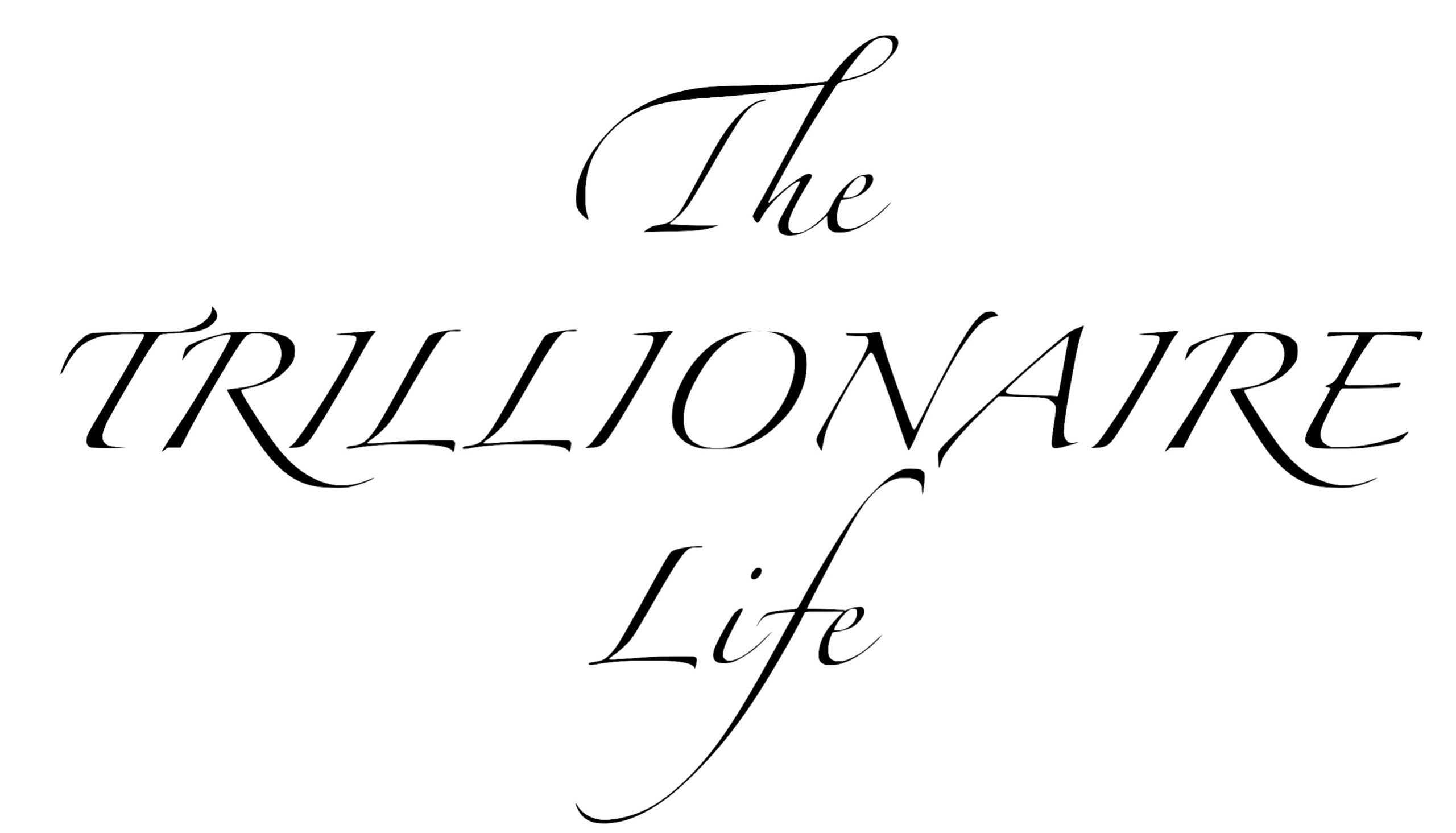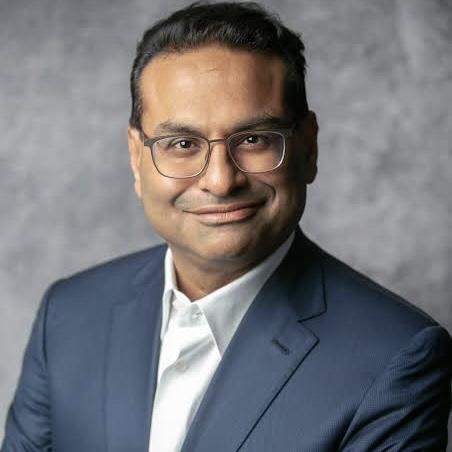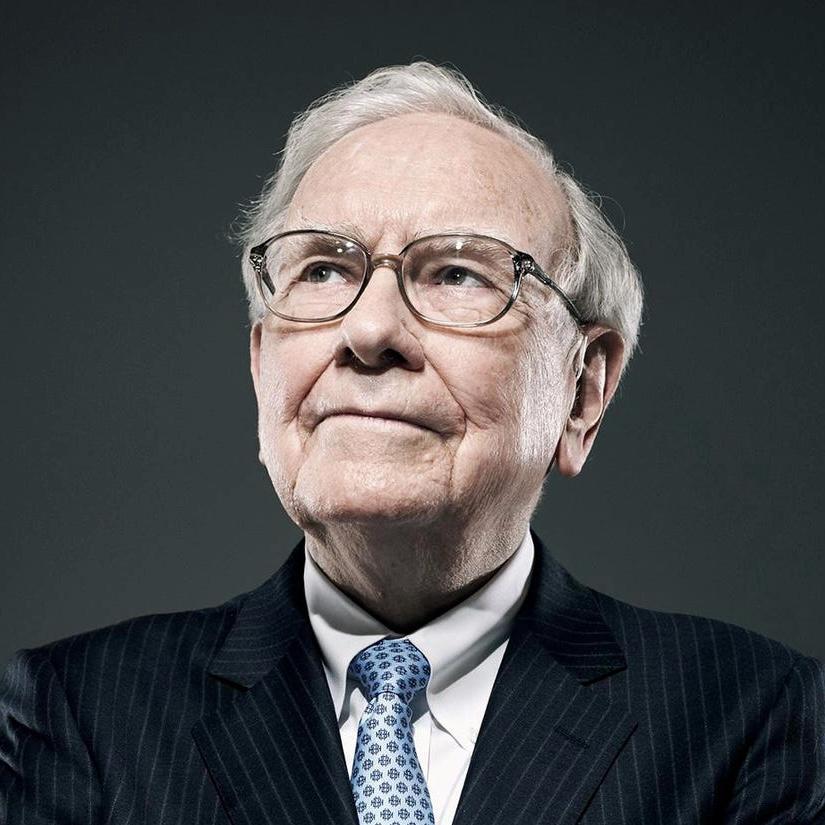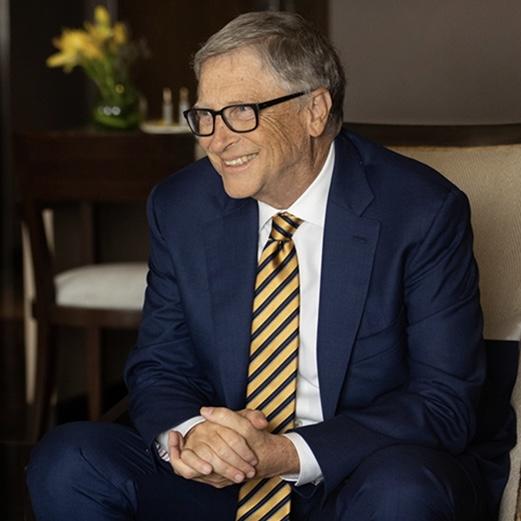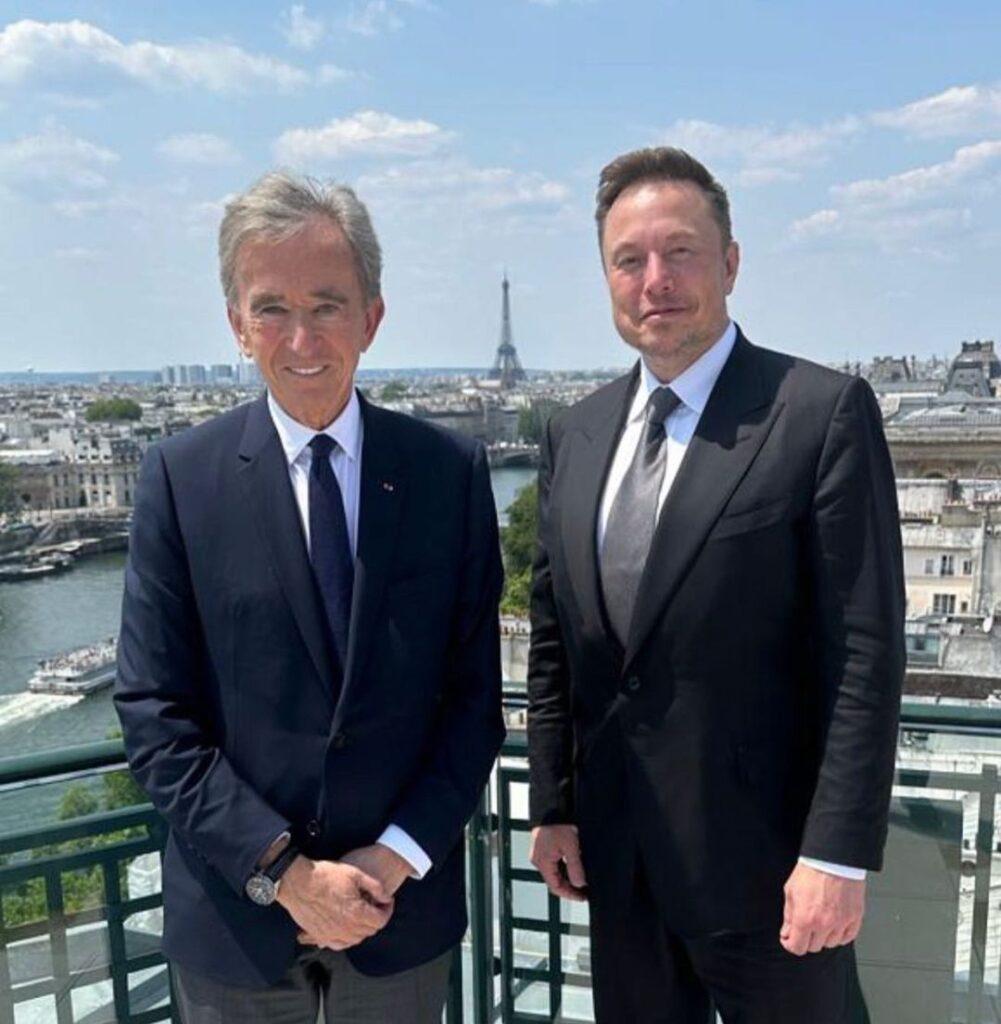Bill Gates has recently published a seven-page letter called “The Age of AI has Begun,” in which he discusses his thoughts on the future of AI. Gates believes that developing AI is just as important as the creation of microprocessors, personal computers, the internet, and mobile phones. Gates released the letter on the same day that Google introduced its AI chatbot, Bard, and a week after the announcement of OpenAI’s GPT-4. The billionaire has previously expressed his excitement for the potential of AI, particularly in its use as a tutor in education or for providing medical advice in areas where doctors are scarce. However, Gates also acknowledges the concerns surrounding artificial intelligence, such as the possibility of humans misusing it or the creation of “strong” AI that can establish their own goals as technology improves over time. In his letter, Gates discusses how AI can be used as a tool to improve productivity and to address global inequities in areas such as healthcare, education, and the workplace. Productivity Enhancement using AI Gates has written about the potential use of AI in the workplace as a “digital personal assistant” to improve employee productivity. This idea is not new, as he previously discussed it in February. Gates suggested that integrating AI into digital work tools such as Microsoft Office could assist with managing and writing emails. According to Gates, these AI-generated “personal agents” could serve as valuable resources for employees to communicate with, armed with vast knowledge and data on their company and industry. Gates wrote that as computing power becomes cheaper, the ability of AI models like GPT to generate ideas will be increasingly comparable to having a white-collar worker on hand to assist with various tasks. AI for Healthcare: A digital helper According to Gates, in the healthcare industry, AI could be utilized to alleviate healthcare workers of certain tasks such as filing insurance claims, completing paperwork, and drafting notes for doctor visits. The implementation of AI could enable healthcare workers to be more efficient and effective with patients, particularly in impoverished countries where many people don’t have access to medical professionals. AI could also assist in treating patients who don’t have access to health facilities, Gates added. Gates mentioned that AI is already being used in healthcare to analyze medical data and design drugs, but the next wave of AI tools could also aid in predicting medication side effects and calculating dosage levels. For crops and livestock in low-income countries, Gates wrote that AI could help design seeds that are adapted to local climates and develop vaccines for livestock. These innovations could be crucial as extreme weather and climate change continue to affect subsistence farmers in these regions. Education: Teachers aren’t going away — but they’ll need to adapt According to Gates, AI has the potential to revolutionize education by personalizing the learning experience for students in the next 5-10 years. He said that AI could determine a student’s learning style and what motivates them, as well as identify the reasons why they lose interest in certain subjects. AI can also assist teachers in developing course instruction and evaluating students’ understanding of classroom topics. However, Gates emphasized that even with the development of AI, great relationships between students and teachers will continue to be the foundation of learning. The use of AI in the classroom will enhance but never replace the work that teachers and students do together. In addition, Gates believes that AI should be equally accessible to low-income schools in the US and worldwide to prevent students in low-income households from being left behind. He also noted that teachers need to adapt to the changing landscape of education technology, including AI. He suggested that teachers could allow students to use AI like GPT to write a first draft of an essay that they would then personalize in later drafts. Ultimately, Gates sees AI as a valuable tool in education but stresses the need to mitigate risks and ensure that the benefits are widely spread.
